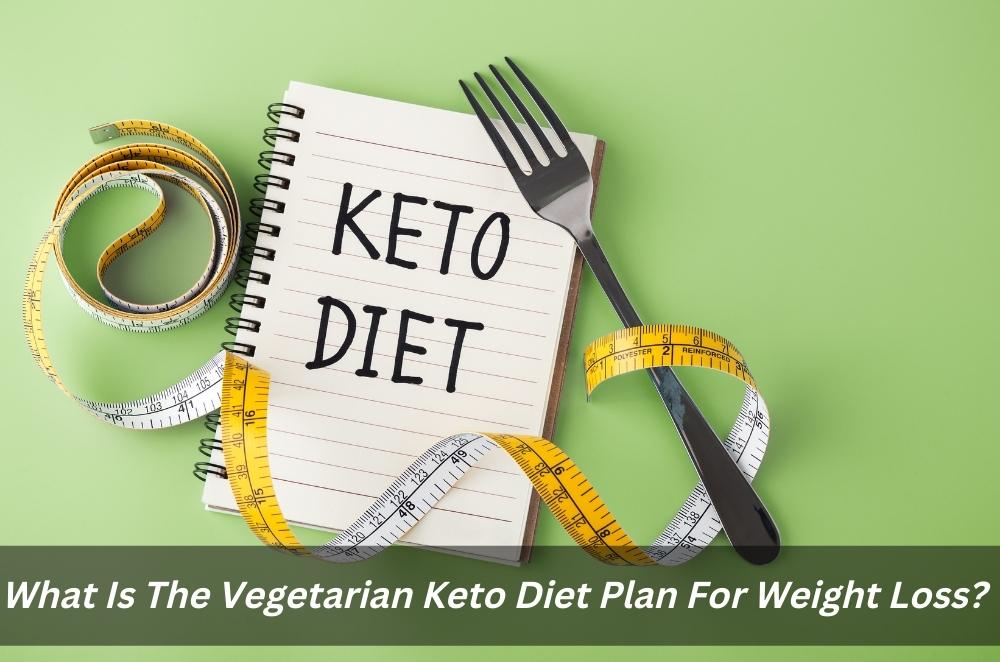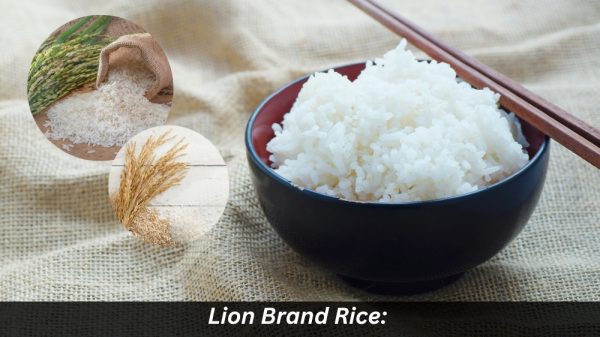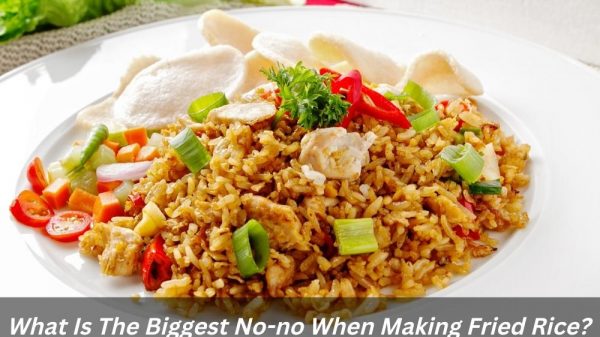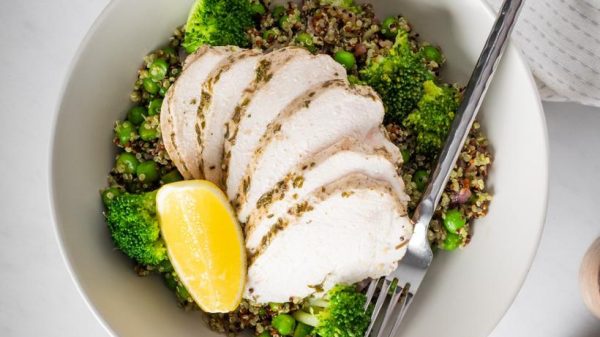Want to know what is the vegetarian keto diet meal plan for weight loss? Are you looking for quick ways to lose weight without having to spend time exercising or counting calories? Then try out the vegetarian meal keto diet plan. This unique diet has the potential to give you the body you’ve always wanted, even if you’re already overweight.
Vegetarianism is becoming increasingly popular, especially around the globe. People are embracing meatless meals because they believe these diets improve their overall health — both physically and mentally.
In fact, many studies show that vegetarians tend to live longer than those who eat meat every day. Not only that, but some research shows that vegans can also reduce their risk of heart disease and diabetes.
Quick and easy vegetarian dinner recipes for weeknight dinners can be defined simply as gluten free meals that include vegetables and/or legumes (beans) as an integral part of the meal. They may also contain sweet potatoes, grains, black beans, fried rice and eggs. Vegetarian chili often has meat alternatives in it (such as tofu) that make up for its missing meat content.
Comfort foods are any food that reminds you of warm memories of home. Something like mac and cheese can be prepared in 15 minutes to 30 minutes. It can also be nostalgic like chocolate cake or ice cream because these remind us of our loved ones who have passed away. You may also want to try lemon juice which is good for your health.
Vegetarian meals are dishes that do not contain meat or animal products in them. They may include some dairy products (e.g., milk) but no eggs or honey.
Gluten Free foods are products that are prepared without any wheat flour ingredients. Roasted cauliflower is a vegetable that has been cooked in an oven until tender. Keto pizza uses cauliflower instead of dough. And if you love pizza but want to eat something healthier, try delicious and crispy pizza crusts made out of cauliflowers!
Animal proteins contain high amounts of essential amino acids, which our bodies rely on to build muscle tissue and regulate metabolism. That means if you want to stay lean, you’ll need to get your fix from plant sources.
Is the vegan keto meals diet safe for humans? If you follow it strictly, yes! It’s designed specifically for weight loss, and most importantly, it allows you to reap the benefits of a ketogenic lifestyle without harming animals (or yourself).
All you need to do is ditch the dairy and eggs. But if you go further by avoiding all grains as well, then no. You should still stick to healthy fats like avocado and coconut products, but you won’t be able to enjoy bread, cereal, pasta, and beans anymore. So while there may be nothing wrong with this low-carb lifestyle per se, we wouldn’t recommend going too far off the beaten path.
Losing weight isn’t just about cutting down on calorie intake. What’s also important is eating the right kinds of food throughout the day. Most people don’t realize that what they eat in the morning can have a big impact on how much fat they end up storing at night.
Make sure you eat balanced meals that provide the nutrients your body needs to function properly and avoid skipping breakfast entirely.
The first step in starting any new diet is understanding why people fail when trying to lose weight. Many common mistakes make it nearly impossible for people considering a keto meal plan to succeed. Here are four reasons why most diets fall short:
- Going Too Low Carb
Carbs drive your brain, so eliminating them will leave you feeling sluggish and groggy. You’ll miss the energy boost carbs deliver, and you’ll likely feel deprived once your preferred source of fuel is gone. When your cells start firing on all cylinders again, you’ll find that you have more mental clarity and endurance than ever before.
- Failing To Address Hunger And Energy Cravings
This seems obvious, but most people don’t pay attention to hunger cues. They simply focus on sticking to whatever arbitrary number was assigned to them. Instead, count your fullness signals; listen to your belly instead of your head. Your stomach knows best.
- Thinking Fat Is Bad…When Protein Is Also A Problem
Fat was the original culprit behind diet issues, but modern science has made major advances since then. We now know that not all fat is created equal—and that unsaturated fats actually help your body metabolize carbohydrates, making it easier to flush out excess energy.
Getting rid of trans fats doesn’t mean loading up on saturated fat, either. Studies suggest that replacing partially hydrogenated oils with healthier options like olive oil, almond, or avocado oil could improve insulin sensitivity, one factor associated with better blood sugar control.
- Forgetting To Include Nutrient Dense Foods
You might be surprised at how many calories come from seemingly “healthy” vegetables. Leafy greens, broccoli, bell peppers, cucumbers, and radishes contain fibre, vitamins, minerals, antioxidants, and other healthful compounds.
It’s true that some fat is necessary for living, but if you’re consuming extra amounts compared to an average person, chances are you’re overweight. Research shows that people who eat a lot of high-fat meats, cheeses, and desserts tend to gain pounds over time. However, those who eat mostly plant-based proteins and complex carbohydrates are less prone to gaining weight.
If you’re looking to shed some pounds, there are three ways to do this: by increasing your activity level (more exercise), reducing portion sizes (less food) or both. But which should you choose to help you lose weight and keep it off? Scientists say it’s the combination of the two — exercising regularly plus controlling portions — that really works.












